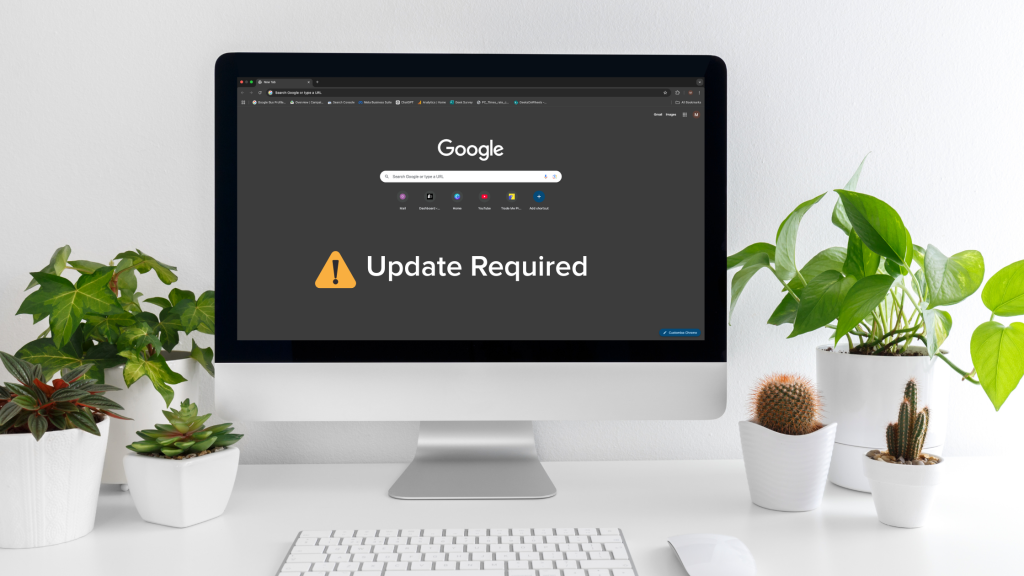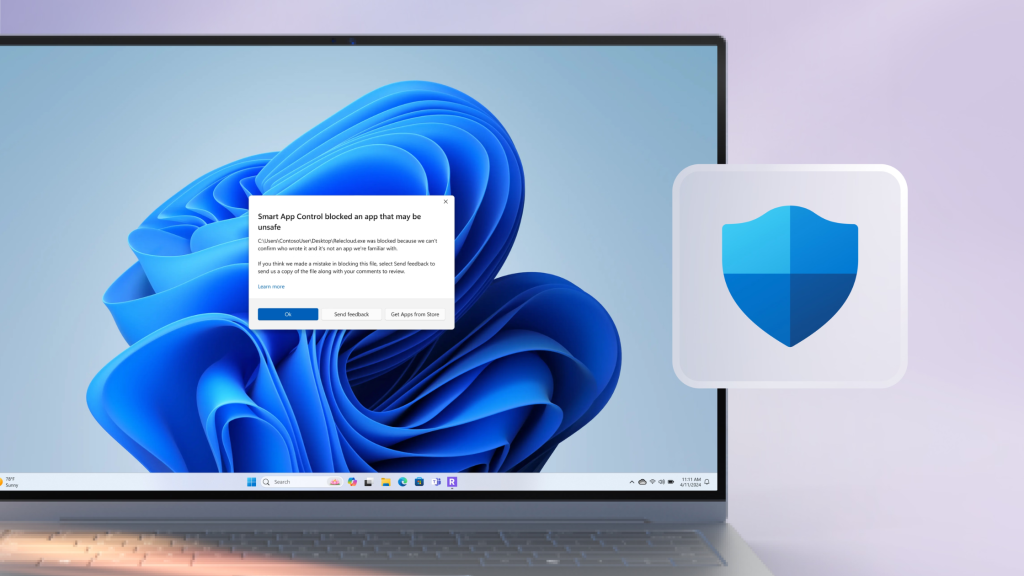You’ve likely seen that Windows 10 is ending support on October 14th, 2025. Whether it’s pop-ups on your Windows 10 devices, emails from Geeks on Wheels or articles in the news. Everyone has been talking about it. Microsoft will no longer provide free software updates from Windows Update, technical assistance or security fixes for Windows 10 for all users. We have mentioned that those who don’t update will be at risk, but what does this mean? Reminder, this doesn’t apply to those using Apple Mac devices.
The risks of not upgrading to Windows 11 are numerous and varied, depending on how you use your devices. For most users, security is the first and major concern. In time, functionality may also be affected, and for businesses, compliance factors may be an issue. Read on to learn more about the risks of not upgrading.
Want to check if you can upgrade?
Do you have a Windows device and you’re not sure what version it is? Or perhaps you want to try upgrading your current computer before splurging on a new device? Check out our how-to guide for checking your OS and updating.

Increased Security Risks
The major concern for most users and us here at Geeks on Wheels is the end of security fixes for Windows 10. Without security updates your device and systems are vulnerable to a range of cyber threats, including viruses, malware, and hacking attempts. Attackers will exploit new security vulnerabilities to gain access to devices. They may then go on to access or steal data, disrupt operations or manipulate your device. Security updates would usually aim to patch these vulnerabilities before they can be exploited.
This all sounds very doom and gloom but it is the unfortunate reality of a device that is not properly protected. The consequences of such attacks can include financial losses, data breaches and potentially reputational damage. Nobody wants to put themselves at risk unnecessarily, so check if you can upgrade today.

Reduced Software Compatibility
The next major issue will be the lack of updates. Software is always evolving, with new features, requirements and capabilities rolling out constantly. With the recent advancements in AI we can expect that to continue at a rapid pace.
By continuing to use an outdated software version (Windows 10 or earlier), you will be missing out on new features. Windows 11 has numerous new features, including optimised performance, improved security features, Auto HDR, and updated memory management. Not updating doesn’t just mean you will miss out on the improved capabilities of Windows 11. Over time, the popular software and applications you use will also release updates. These will likely not be compatible with older operating system versions.
For example, the latest version of Google Chrome available for Windows 8.1 users is Chrome 109, which was released in January 2023. For up to date users the latest version available is 137.0.7151.68/69. That means users with outdated software will be missing out on nearly 3 years’ worth of security updates, improvements and new features. You might also notice some of your favourite websites or widgets require an up-to-date browser to use or access them.
These flow-on effects of an outdated operating system are numerous, compounding and inconvenient. They also put your device at constant risk. Not only will your device not have security updates from Windows, it will eventually no longer have security updates from new software versions of your favourite programs.

Increased Operational Downtime
Older devices are less efficient. Just like us, computers slow down as they get older. Especially when they can’t be updated anymore. Running older versions of Windows means your devices will not have access to the latest features and updates, which could save you time and increase productivity. This is also true for the software and applications that will fall behind.
Similarly, cyberattacks and security vulnerabilities cost individuals and businesses both time and money. They can often result in lost business and operational disruptions.

Regulatory Compliance
While this one only affects businesses and organisations, it is a great point to note.
By utilising outdated software, even given the numerous risks, you might not be meeting regulatory requirements. Depending on your industry or how you handle data, the risks may vary. Up-to-date and supported operating systems are standard across most industries and ensure the security of your devices, data and systems.
Remember, you don’t necessarily have to purchase a new device to update to Windows 11. If your device is less than 5 years old you might be able to update, provided it meets the minimum hardware requirements. Whether you’re updating your existing device or looking for a brand new one with Windows 11 pre-installed, Geeks on Wheels are your experts for all things Windows 11. Give the team a call today and they can recommend the perfect device for your needs.